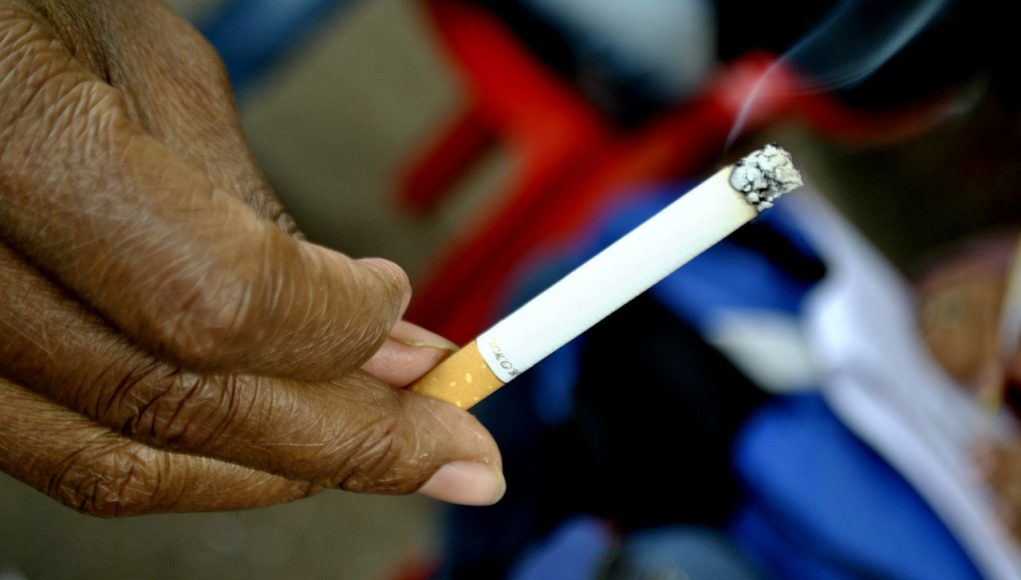Last year, Malaysia’s health minister Khairy Jamaluddin announced a ban on the sales of cigarettes and safer nicotine alternative products to anyone born in 2005 or beyond. The plan was released at the 150th session of the World Health Organization’s (WHO) executive board meeting where Jamaluddin said the hope is that the legislation is finalized this year and that it would bring about a “generation endgame to smoking.”
In response to this proposal, tobacco harm reduction (THR) and addiction experts as well as consumer groups, said that this move would be counterproductive. The President of local advocacy group MOVE (Malaysian Organization of Vape Entities), Samsul Ariffin, said that the special select committee must review the GEG and that vaping must be regulated separately as a THR tool.
Similarly, the local vape industry had highlighted that local authorities should differentiate between tobacco products and safer nicotine alternatives. “The government needs to see that tobacco and vape products are different. There is clear evidence from around the world that vape products are significantly less harmful than tobacco products. This is a fact that the government needs to consider, and the laws cannot be the same for vape products and tobacco products,” said the Malaysia Retail Electronic Cigarette Association (MRECA) president Datuk Adzwan Ab Manas.
Local physicians agreed. The Federation of Private Medical Practitioners’ Associations Malaysia (FPMPAM) said that the proposed bill disregards overwhelming scientific data in favour of the benefits of safer nicotine alternatives for tobacco harm reduction. The group went on to cite the UK’s Royal College of Physicians which has consistently recommended the use of the products for smoking cessation and/or harm reduction.
International experts write to Malaysia’s Prime Minister
While renowned international public health experts wrote to Prime Minister Ismail Sabri Yaakob warning him that the vape bill would eventually just create a large black market and fuel the illicit trade of the products. In the letter, academics and tobacco harm reduction experts David Abrams, Clive Bates, Ray Niaura and David Sweanor, said that prohibitionist approaches may have unintended consequences.
The public shares this sentiment. Over 1 million Malaysians have launched a petition saying that a study should be conducted to understand the potential repercussions of forbidding tobacco use for future generations who will be witnessing older generations using the products freely. In fact one of the arguments against GEG is the fact that it violates the rights of Malaysians to decide for themselves what to consume.
Former Chief Justice of Malaysia Tun Zaki Tun Azmi proposed that in addition to the above, policymakers should consider the that such laws may be impossible to enforce. Instead, he added, Malaysia should follow in the footsteps of countries like New Zealand and the UK, where tobacco harm-reduction strategies which promote the use of safer alternatives to cigarettes are endorsed.
Experts in the field are plainly ignored
Vaping Post contacted one of the experts who wrote to Prime Minster Yaakob, David Sweanor, a public health advocate who has been tirelessly working to reduce global smoking rates since 1983. Asked whether their letter has ever ever received a response, sadly he replied with a resounding “no”.
There is more to ineffective measures than meets the eye
In other news, Palau, another country in the region, has just extended its Tobacco Control Act to include vaping products. The newly signed RPPL 11-27 has banned the import, advertising, sales and use of vaping products. The measure has come into effect on May 29th, 60 days after being enacted, and anyone caught violating it may be prosecuted.








